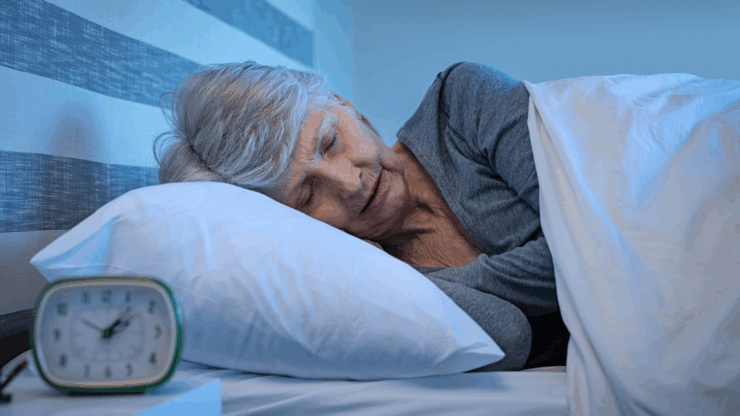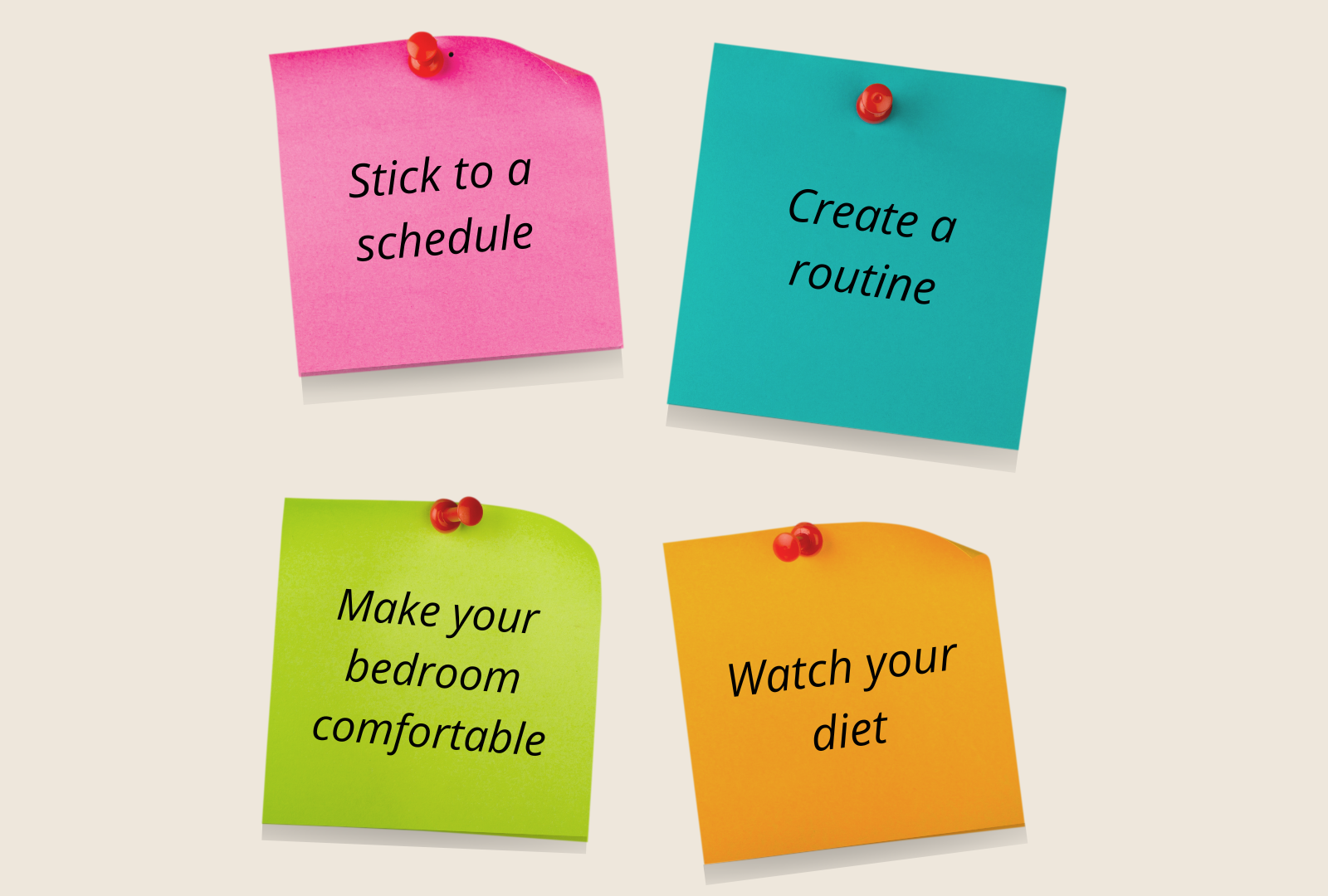
Better Sleep Habits for Aging Adults
Key Takeaways
- Aging can affect sleep patterns, leading to lighter, shorter, or more fragmented rest.
- Poor sleep may worsen memory, mood, and overall health.
- Good habits include a regular bedtime, limited naps, and reduced screen time.
- Sleep issues can sometimes signal underlying medical concerns.
- LifeWorx caregivers support healthy routines that promote better sleep.
As we get older, many of us may notice that good sleep doesn’t come as easily as it used to. Falling asleep, staying asleep, or waking up feeling refreshed can become a real challenge.
If you struggle to get the rest you need, it could be time to rethink your bedtime routine. A few simple adjustments can make a big difference, and getting quality sleep will help you feel better physically and mentally. There are a few reasons that sleep tends to get more complicated as we age. Knowing what’s behind these changes can help us figure out how to address them.
Why sleep gets more complicated with age
- Sleep patterns change As we age, the way we sleep changes. Older adults often experience shifts in their circadian rhythm, which means they may feel tired earlier in the evening and wake up earlier in the morning. Additionally, there is a tendency to spend less time in deep stages of sleep, resulting in lighter, more fragmented rest.
- Health conditions Specific health issues, like sleep apnea and movement disorders, are more common in aging adults and can disrupt sleep. Sleep apnea causes breathing to repeatedly stop and start during the night, leading to poor sleep quality. Restless leg syndrome and periodic limb movement disorder cause involuntary movements that can wake you up and make it difficult to stay asleep.
- Medication side effects Some aging adults are on multiple medications, and while they’re necessary to manage chronic conditions, they can also have unintended consequences. Aging adults may experience insomnia, restless sleep, or excessive drowsiness during the day, making it hard to maintain a regular sleep pattern.
Simple ways to improve sleep
- Stick to a schedule Establishing a consistent schedule is one of the most effective methods for helping your body regulate its internal clock. Going to bed and waking up at the same time each day, including weekends, creates a rhythm that allows your body to anticipate sleep and wakefulness.
- Create a routine A relaxing bedtime routine can also be helpful. Try activities like reading, listening to soft music, or practicing deep breathing to wind down. Avoid watching television or using your phone before bed, as the bright screens and engaging content can stimulate your brain and hinder its ability to relax, making it harder to transition into sleep.
- Make your bedroom comfortable To create an optimal sleep environment in your bedroom, it’s important to maintain a cool temperature, ideally between 60 and 70 degrees Fahrenheit. Consider investing in heavy curtains or blackout shades to keep the room dark. If noise tends to disrupt your rest, a white noise machine can be a valuable addition to your sleep routine.
- Watch your diet To promote restful sleep, avoid heavy meals, caffeine, and alcohol before bed. Instead, opt for a light snack, like a banana or a small handful of nuts, to satisfy hunger without discomfort. This prepares your body for peaceful sleep.

Why sleep is crucial for aging adults
Getting enough quality sleep is important for overall health. It plays a major role in supporting brain function. Sleep is also important for maintaining a strong immune system, which can help protect the body from infections and illnesses.
Sleep contributes to emotional well-being, too. Without it, we can be more likely to experience irritability, anxiety, or even depression. On the other hand, getting a good night’s sleep can stabilize moods, reduce stress, and promote a sense of balance. Though sleep may become more challenging with age, it’s possible to improve rest by addressing and understanding common disruptions and making simple changes to your nighttime routine.

















